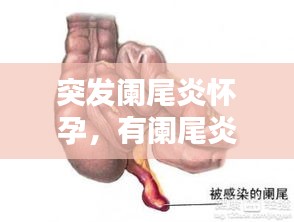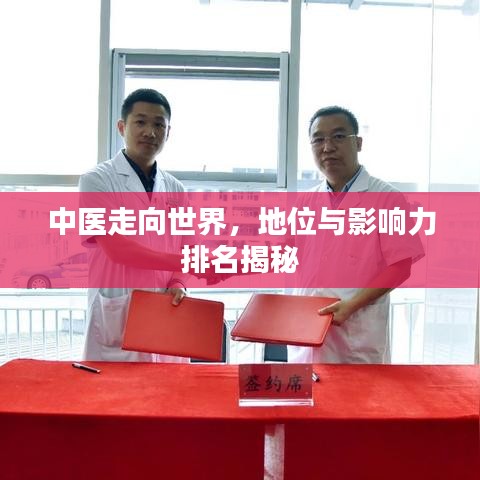<!DOCTYPE html>
<html lang="en">
<head>
<meta charset="UTF-8">
<meta name="viewport" content="width=device-width, initial-scale=1.0">
<title>Handling Acute Appendicitis During Pregnancy</title>
</head>
<body>
<h1>Handling Acute Appendicitis During Pregnancy</h1>
<h2>Understanding Appendicitis in Pregnancy</h2>
<p>Acute appendicitis is a medical condition where the appendix, a small pouch attached to the large intestine, becomes inflamed and can lead to a painful infection. While it is a relatively common condition in the general population, experiencing it during pregnancy can be particularly challenging. The reasons for this are multifaceted, including hormonal changes, increased abdominal pressure, and the proximity of the appendix to the developing fetus.</p>
<h2>Increased Risk Factors During Pregnancy</h2>
<p>Pregnant women are more susceptible to appendicitis due to several factors. The growing uterus can shift the position of the appendix, making it more prone to blockages and infection. Hormonal changes can also cause the appendix to become more susceptible to infection. Additionally, the presence of a fetus in the womb can limit the amount of space available for the appendix, increasing the risk of inflammation.</p>
<h2>Symptoms to Watch Out For</h2>
<p>Identifying the symptoms of appendicitis during pregnancy is crucial for timely medical intervention. Common symptoms include a persistent, dull pain around the navel or on the right side of the abdomen, which may come and go before becoming sharp and constant. Other symptoms may include fever, nausea, vomiting, loss of appetite, and abdominal swelling. It is important to note that the pain can sometimes be mistaken for gas pain, round ligament pain, or even false labor.</p>
<h2>Diagnosis During Pregnancy</h2>
<p>Diagnosing appendicitis in pregnant women can be more complicated than in non-pregnant individuals. Physical exams, imaging tests such as ultrasounds, and blood tests are often used to confirm the diagnosis. However, certain diagnostic tools like CT scans or MRIs, which use ionizing radiation, are typically avoided due to potential risks to the fetus. Ultrasound is generally the preferred imaging method because it does not expose the fetus to radiation.</p>
<h2>Treatment Options</h2>
<p>Acute appendicitis is a medical emergency that typically requires surgical intervention. However, the approach to treatment during pregnancy may differ. In some cases, a surgical appendectomy (removal of the appendix) can be performed while preserving the mother's ability to deliver vaginally. In other instances, the doctor may opt for a laparoscopic appendectomy to minimize the surgical incision and reduce post-operative complications. The decision regarding the timing and method of surgery is carefully considered to ensure the safety of both the mother and the baby.</p>
<h2>Post-Operative Care</h2>
<p>After surgery, both the mother and the baby require close monitoring. Pain management is essential to ensure comfort for the mother. Antibiotics may be prescribed to prevent infection. Recovery can take longer during pregnancy due to the additional strain on the body. The healthcare team will provide specific instructions on post-operative care, including diet, exercise, and activities to avoid.</p>
<h2>Preventive Measures</h2>
<p>While there are no definitive ways to prevent appendicitis during pregnancy, there are some measures that can help reduce the risk. Maintaining a healthy diet rich in fiber can help prevent constipation, which is a known risk factor for appendicitis. Regular prenatal check-ups are also important for early detection of any potential issues.</p>
<h2>Support and Resources</h2>
<p>Dealing with a medical condition like appendicitis during pregnancy can be stressful. It is important for pregnant women to seek support from their healthcare providers, support groups, and family and friends. Access to reliable information and emotional support can significantly impact the overall experience and recovery process.</p>
<h2>Conclusion</h2>
<p>Acute appendicitis during pregnancy is a serious condition that requires immediate medical attention. While the experience can be challenging, understanding the risks, symptoms, and treatment options can help women navigate this difficult situation more effectively. By working closely with healthcare providers and maintaining open communication, expectant mothers can receive the care and support they need to ensure the health and safety of both themselves and their baby.</p>
</body>
</html>转载请注明来自深圳市鹏腾电子发展有限公司,本文标题:《突发阑尾炎怀孕,有阑尾炎怀孕了之后会疼 》
百度分享代码,如果开启HTTPS请参考李洋个人博客











 粤ICP备19130523号-1
粤ICP备19130523号-1
还没有评论,来说两句吧...